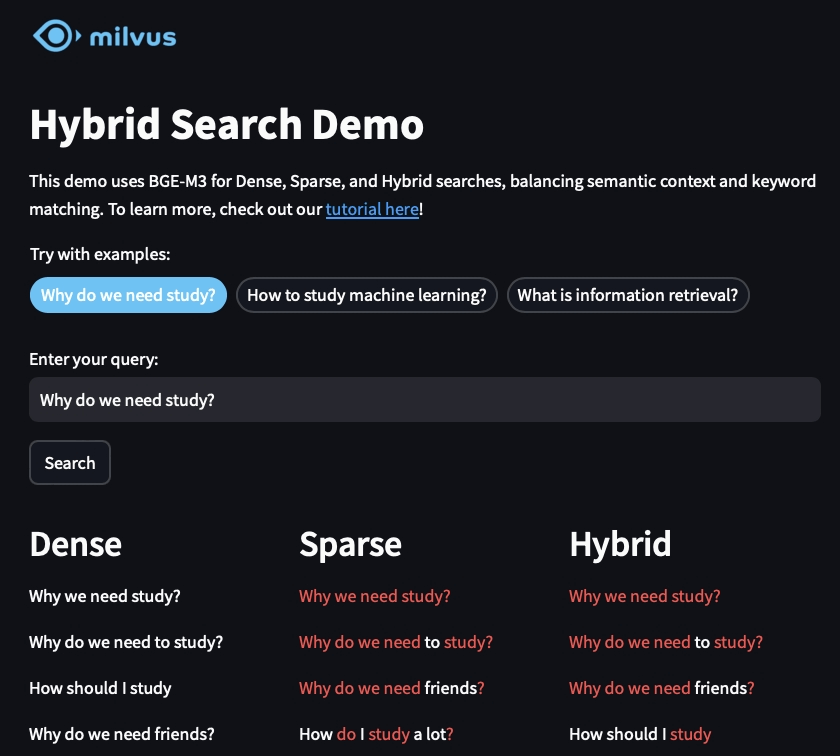Multi-language full-text search introduces challenges stemming from linguistic diversity, technical limitations, and the need for language-specific processing. Developers must account for differences in grammar, character sets, and search behaviors across languages, which complicate indexing and querying. For example, handling languages like Chinese (no spaces between words) or German (compound words) requires tailored approaches that don’t apply to English-centric systems. These complexities often lead to trade-offs between accuracy, performance, and maintainability.
One major challenge is language-specific text processing. Tokenization—the splitting of text into searchable units—varies widely. In Japanese or Thai, word boundaries aren’t marked by spaces, requiring specialized tokenizers or machine learning models to identify terms correctly. Similarly, German compounds like “Donaudampfschifffahrtsgesellschaft” (Danube steamship company) must be split or indexed in ways that allow partial matches. Stemming (reducing words to root forms) also differs: Spanish verbs have many conjugations (“hablar,” “hablo,” “hablé”), while Arabic’s morphological complexity demands dedicated stemmers. Without proper handling, searches may miss relevant results or return irrelevant ones due to incorrect normalization.
Another issue is managing character sets, collation, and transliteration. Languages like Russian or Greek use non-Latin scripts, requiring Unicode support and correct sorting rules (e.g., Swedish treats “å” as a distinct letter after “z”). Accent sensitivity in French or Spanish (e.g., “resume” vs. “résumé”) further complicates matching. Transliteration—converting between scripts, like searching “Moskva” (Latin) to find “Москва” (Cyrillic)—adds overhead, as systems may need to index multiple script representations. Additionally, ranking results by relevance becomes harder when mixing languages: a query in English and Mandarin might require balancing language-specific ranking factors like term frequency or phrase proximity across both datasets. These layers of complexity make it difficult to create a unified search system without language-specific tuning.
